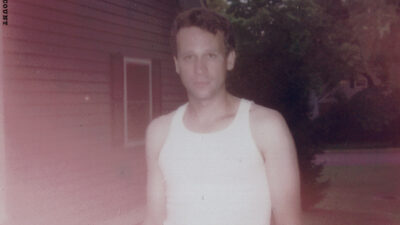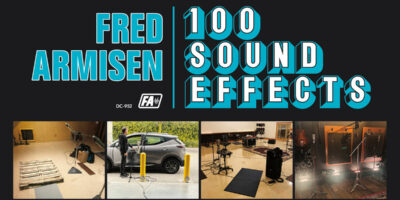Genre: Pop
Favorite Tracks: “Overnight,” “Give A Little,” “Back In My Body,” “The Knife,” “Light On,” “Say It”
It’s natural when remembering your own life events to realize how ridiculously emotional you were when something that’s insignificant happened to you, because hindsight is truly 20/20. Think not getting into a college, or not getting a job, or getting into a fight with a friend—all things that feel big, but probably aren’t going to matter in five years. On HEARD IT IN A PAST LIFE, Maggie Rogers creates music that exists in those moments when you feel like your life is grand and your emotions have taken center stage, ready to run the show.
Rogers sits at a very interesting and largely unexplored intersection between modern dance, folk, and neo-soul. She grew up in rural Maryland and picked up the harp as her first instrument; she made a name for herself as “the banjo girl,” but grew up with her mother playing soul music around the house. In that way, her debut has been a long time coming. The way that each track on HEARD IT IN A PAST LIFE tells a story makes it impossible to ignore that, above all, Maggie Rogers is a singer-songwriter before she is anything else. No song is a better indicator of Rogers’ ability to illustrate a pivotal moment than “Overnight.” In the second verse, when Rogers sings “And I wonder If I still lived in the city would I see you at a party? / Take a big sip of my whiskey and then leave quickly / and pray you missed me,” she encapsulates the unique combination of false confidence and longing that leads people to make impulsive decisions like leaving a party and being consumed by the opinion of someone who you have a past with.
A lot of the world was introduced to Rogers through “Alaska,” a song that perfectly intertwines everything that makes Rogers unique. The production mixes things found in nature and dance music while the lyrics capture some of her folk sensibilities. “Alaska” is the song that changed it all for Rogers. She wrote it after a difficult time in her life, and it also went viral, thrusting the artist straight into fame. In much of HEARD IT IN A PAST LIFE, we are witnessing Rogers learn how to deal with that fame, trying to understand how to live her life in front of the world and how to bring the world into her life. Though only 24, on midpoint “Past Life,” one of the album’s standout tracks, Rogers sings about change as though she has the wisdom of someone twice her age. It is one of the album’s more slowed and stripped-down recordings. Rogers knows how to make an impression. There are at least five-to-10 popular artists right now that have voices that could easily be interchangeable across singles; their music is good, fun, and familiar, but memorable, it is not. Simultaneously delicate and strong, “Past Life” is a song I’d want to hear her sing acoustically in an empty stadium.
But here’s the big “but” of this situation. The frontend of HEARD IT IN A PAST LIFE leads with such a robust momentum that the softer back half of the album sometimes loses my attention. That lack of balance also creates a tension within the record and between the listener and the music that allows the work to lose some replay value; I grew bored of it quickly, even though I recognized it as very good, and I am honestly not entirely sure why that is. My guess is that each of the songs employs similar techniques. They feature a more robust vocal swelling over a dance beat. To her credit, she often leaves some space for her voice to breathe. Like all great singers, her voice has an impact at many different volumes.
All music criticism/review is influenced by some bias, and no doubt I am no exception. My perception of parts of Rogers album could be due in part to the fact that folk music isn’t my favorite genre—the dance and soul aspects are what attracted me to her music to begin with. Ultimately, as Pharrell mentioned in that infamous master class video, Rogers is forging a new path of her own, and that’s surely something we should be paying attention to.















Comments